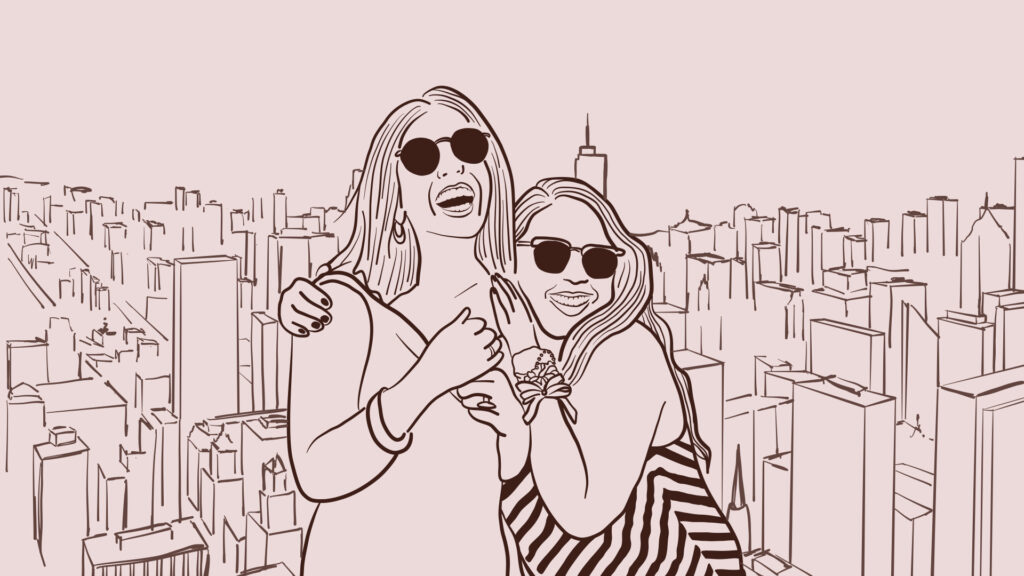Four Canadian journalists reflect on the impact of mentorship—and the importance of nurturing budding journalists today

Two airplanes had flown into the Twin Towers, and everybody in the newsroom inside Reuters’s Toronto bureau was scrambling. Standing by the television screens broadcasting the event that forever changed the New York City skyline was Gordana Knežević, a journalist who extensively reported from the Balkan conflict zones in the 1990s. Tears poured from Knežević’s eyes when the towers fell, recalls Wency Leung, now a reporter for the Toronto-based outlet The Local. On September 11, 2001, Leung was in her early twenties and working at Reuters, her first professional journalism job.
For Leung, the moment emphasized that you don’t have to be inured to people’s suffering when faced with tragedy or crisis. Being mentored and working alongside Knežević helped Leung figure out the kind of journalist she wanted to be in her early career. “One of the main things I learned from her was how you don’t have to be hardened by the hard things you see,” she says.
According to Leung, Knežević was always helping other reporters, defying the notion that journalists need to be competitive and hard-boiled—and was a better reporter and colleague for it. “She was—and still is—just the picture of grace.”
The Fruits of Mentorship
Ten years ago, Sadaf Ahsan, a senior editor at 3 Magazine, was looking to branch out from her current job as a web editor. She connected online with Ishani Nath, a magazine editor two years her senior, who became her mentor and eventually her friend. “She regularly gave me advice, and I always felt comfortable asking her anything,” Ahsan says. “You can get this kind of dynamic even through your friends, even through people in your generation.”

For Ahsan, trusting relationships with colleagues like Nath have meant the difference between leaving the industry and staying. “They made me believe I could do it,” she says. “You need those voices—no matter who you are, especially in a tough industry like this one—you need people who can say, ‘No, you’re actually really good.’”
“It’s what keeps you going, because this industry can be so demoralizing,” says Lindsay Jones, a freelance journalist and Atlatic reporter for The Globe and Mail based in Halifax. Jones is referring to how draining the bad days, the unreturned phone calls, and the rude sources can be. “I’m, you know, a sensitive person,” she says. “I’m not that hard-boiled journalist.” Jones continues, “To have someone else who believes in what you do—to talk you off that cliff—is really important.”
Jones credits several of her female colleagues as mentors for helping her carve out her own strongly angled feminist reporting, for which she won the Landsberg award earlier this year. “Starting out as a young woman, I was surrounded by male journalists,” she says. “I didn’t even know that was a route you could go down until I started noticing how other women were doing it.”
Paying it Forward
In the bigger picture, mentor-mentee relationships between experienced and budding journalists might help diversify Canada’s media landscape and the storytelling it produces.
In the latest Canadian Association of Journalists’ survey on diversity in Canadian newsrooms, 273 newsrooms participated in providing a snapshot of the demographic makeup of the journalists in Canada. According to the results, 75.5 per cent identified as white, spotlighting an obligation for the industry to find ways to diversify. “There wasn’t anybody who looked like me where I was going to work, or where I was interning, and I thought it was impossible,” says Ahsan, who mentors young women of colour mostly. “ I feel a responsibility to be able to share what I know, and to make it easier.”
“Broadly speaking, I would hope that my mentorship efforts help people to see that there’s more than one way to do it,” says John Loeppky, a disabled freelance journalist based in Saskatchewan, who has mentored both disabled and non-disabled journalists. “It’s okay to prioritize access and accessibility—say, if you’re disabled, to make your workflow accessible for yourself.”
Mentoring Up
Jones, Ahsan, and Loeppky all suspect mentorship to become increasingly necessary as the shake-up of the industry continues with recent losses in permanent job positions. As newsrooms shrink and local news outlets disappear, working journalists find themselves increasingly busier and spread thin.
However, for Loeppky, creating mentorships for journalists without formal journalism training is particularly important. “There are things that I did not learn that I had to learn by texting people,” he says. Looking ahead, he says journalists must realize how they can sustainably contribute as mentors. There are several journalism mentorship programs across Canada offered by organizations such as the Canadian Association of Journalists. Other mentor-mentee relationships blossom more informally, sparked by a small act of courage.
To find a mentor, Ahsan suggests simply reaching out with a kind word. “Just email them,” she says. “It never, ever hurts. I’m pretty sure at least 80 per cent of the time you’re going to be successful.”
Leung agrees, “You might find that a lot of journalists are quite generous with their time and their advice.”
About the author
Livia is in her final year of the Master of Journalism program and works on the Review’s senior editorial team. She is an associate producer at CBC Radio and has freelanced as a science writer. Livia is interested in art, science, current affairs, and stories that take a big perspective on the long, ongoing journey of humanity. When she’s not working, she loves listening to music, visiting art galleries, and spending time in nature.

